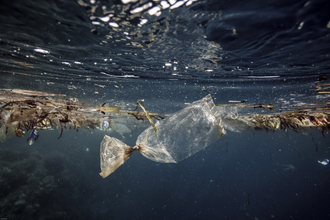80% of marine pollution comes from land
Whether you live in a coastal community or an urban centre, we’re all responsible for keeping our seas clean. Here are our top five ways to help the sea from home!
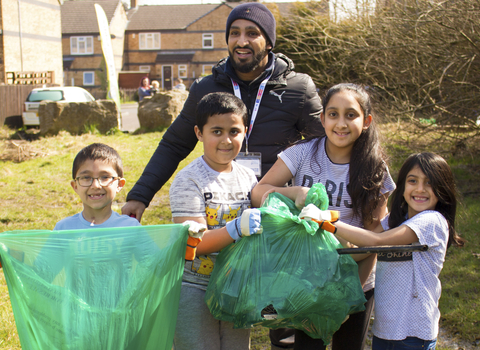
Keep Yorkshire tidy
Litter from inland cities and towns will eventually find its way to our seas. No matter where you live, you can help to keep our seas clean and healthy by litter picking in your community or by joining one of our regular Waves of Waste beach cleans.
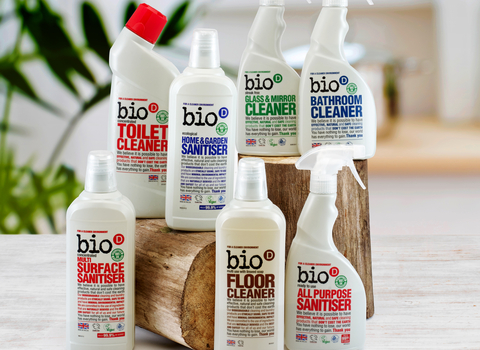
Time for a spring clean
Buy eco-friendly cleaning products and soaps, they do the job just as well and they’re better for the ocean.
Bio-D are a Hull-based company who produce a wide range of products that are safe for the environment. They're actively showing their support for wildlife by being one of our business members!

(c) Mark Thomas
Speak up for your seas!
Suport campaigns and causes that fight for better protection for our seas - like Give Seas a Chance!
Follow us on social media so that you can share these messages with your family and friends and encourage them to take action as well.
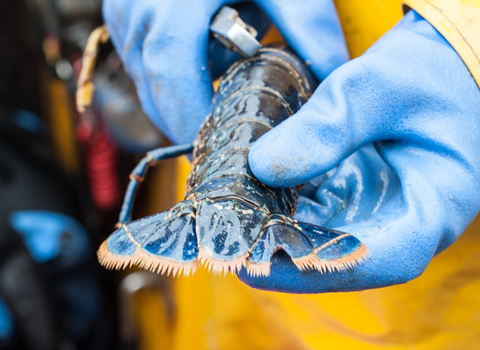
Buy sustainable seafood
Make sure your seafood is sustainably sourced. Avoid suppliers that use environmentally damaging methods like trawling. Seafood products are used in pet food too, so make sure their food is as sea-friendly as yours! Look for the msc.org blue label.
And when you're cooking, be careful with your grease, fat and cooking oils. They can clog up sewers, causing raw sewage to escape into our rivers and seas. Instead of pouring them down the drain, leave them to cool in a safe place and put them in the bin.
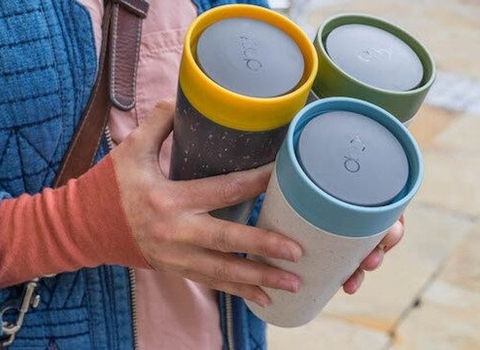
Replace single-use plastics
2020 was tough, treat yourself to a reusable coffee cup or drinks bottle. You deserve it and so do our seas. Disposable facemasks are a new single-use threat to our seas, so why not invest in a few reusable ones instead? They work just as well, and come in loads of different colours and styles!
Where you have to buy something plastic, consider finding an option made from recycled plastic. It keeps existing plastic out of our oceans and reduces the amount of ‘new’ plastic in circulation.
Discover more about our amazing oceans




